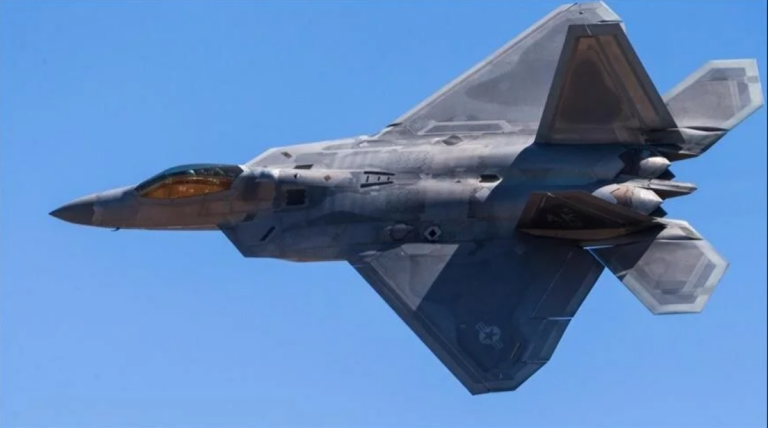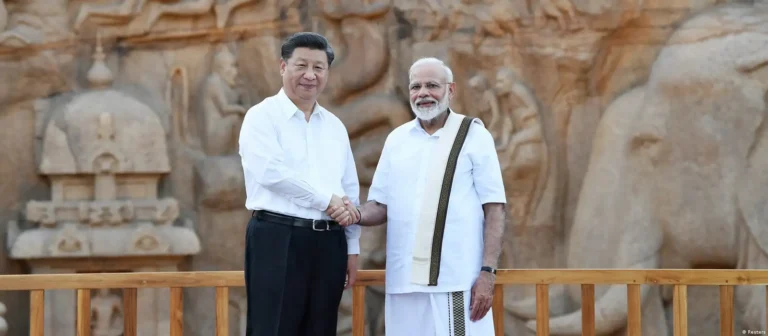The US is set to sign strategic pacts with Papua New Guinea and Micronesia next week, as Washington seeks to shore up support among Pacific island countries to counter competition from China
Papua New Guinea’s prime minister, Jamas Marape, confirmed that his country’s agreements with the US would be signed when Joe Biden becomes the first sitting US president to visit the Pacific nation on 22 May.
Marape confirmed on Tuesday that two security agreements will be signed, on defence cooperation and maritime surveillance. “These signings will add value to our domestic security, as well as strengthen our own military, our police, our navy,” he told radio station 100FM.
Marape said his government would provide details on the security agreements on Thursday.
“The USA has been a strong security partner of us, but silent, almost deep at the back. Now for the first time now they are stepping out, coming to the front, engaging with PNG like never before,” he said.
Marape’s announcement came as US presidential envoy Joseph Yun said that the US and Micronesia had also agreed to renew their strategic pact known as Cofa.
Washington is seeking to nudge Pacific island nations away from security ties with China, after Beijing last year struck a security pact with Solomon Islands, and as tensions rise over Taiwan. PNG sits near crucial sea routes between Australia, Japan and the United States.
“At the moment in our waters, especially in our 200km waters, we have illegal fishing, we have illegal transportation, we have drug cartels … we want to ensure our country is secure from illegal activities,” Marape said.
PNG’s former foreign minister Justin Tkachenko told Reuters last week an agreement to allow the US Coast Guard to patrol PNG’s vast exclusive economic zone would also give PNG access to US satellite surveillance.
Yun said the Compact of Free Association with Micronesia would also be signed at the ceremony in Papua New Guinea, attended by Biden and the new Micronesian president, Wesley Simina.
Yun said he expected to be in the Marshall Islands from Thursday until Sunday, but was “doubtful” its Cofa agreement could be finalised at the moment.
Washington first signed the Cofa accords with Micronesia, the Marshall Islands and Palau in the 1980s, under which it retains responsibility for their defence, provides economic assistance, but gains exclusive access to huge strategic areas of the Pacific in return.
Renewing the Cofa agreements has become a key part of US efforts to push back against China’s bid to expand its influence in the Pacific. The old Cofa provisions expire in 2023 for the Marshall Islands and Micronesia and in 2024 for Palau.
Yan said the agreement with Micronesia was “absolutely a done deal,” adding: “I am [now] going to go to Palau where I hope to make similar progress.”
Yun gave no reason for the holdup with the Marshall Islands, but parliamentary elections are expected there in November.
Washington has already signed memorandums of understanding on future assistance with the three Cofa states. Yun said last month the “topline” agreements would provide them with a total of about $6.5bn over 20 years.
Asked about the Marshall Islands, another senior US official said: “This is no longer about the amount of money but … about how the money will be structured and how it will be spent and what issues it will cover.
“These are always politically very, very sensitive in each country,” he said, adding, using the initials of the Republic of the Marshall Islands: “In the longer term, I’m very optimistic that we will get an agreement with RMI.”
Source: The Guardian







